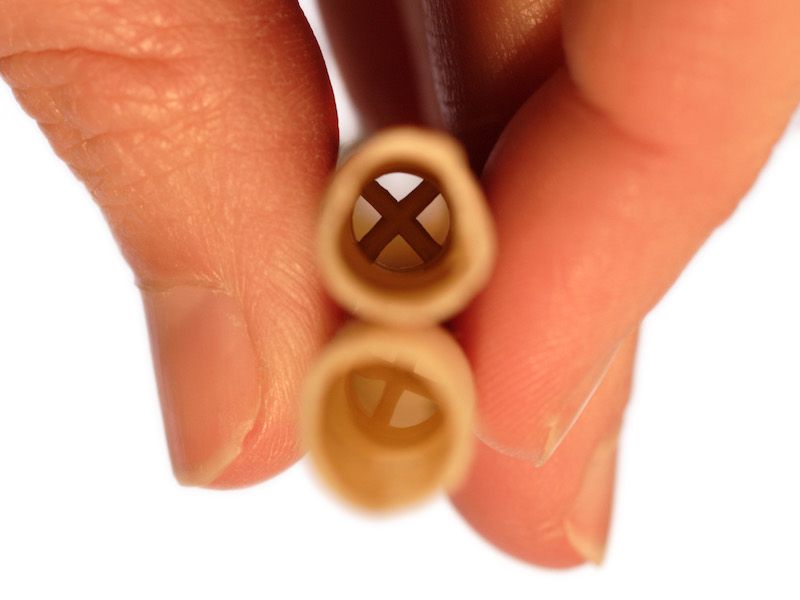
In some groups, the practice known as “ear candling” is routinely believed to be a good way to minimize earwax. What is ear candling, and is it effective?
Is Ear Candling Effective?
Spoiler alert: No. No, they don’t.
Why then, does this piece of pseudo-science keep finding its way into the minds of otherwise logical human beings? That’s a hard question to answer. But even though the sensible decision is quite clear, knowing more about the risks of earwax candling will help us make an educated choice.
Earwax Candling, What is it?
So the basic setup goes like this: Perhaps you have too much earwax and you aren’t quite sure how to eradicate it. You’ve read that it’s risky to use cotton swabs to clear your earwax out. So, after doing some research, you discover a technique known as earwax candling.
Earwax candling supposedly works as follows: You develop a pressure differential by shoving the candle in your ear, wick side out. The wax in your ear, then, is pulled outward, towards the freedom of the open world. Any wax that might be clogged up in your ear can, theoretically, be pulled out by this amount of pressure. But this hazardous technique is not a smart way to clean your ears.
Why Isn’t Ear Candling Effective
This practice has several problems, like the fact that the physics simply don’t work. You would need a considerable amount of pressure to move earwax around and a candle just isn’t capable of generating that kind of pressure. Also, a candle doesn’t possess the kind of seal needed to hold pressure.
Now, the candles used in these “procedures” are supposedly special. When you’re done with your fifteen minutes of ear candling, you can break up the candle and, in the middle, see all bacteria, debris, and wax that was in your ear. The only issue is that the same detritus shows up in both used and unused candles. So the entire procedure amounts to fraud.
Earwax candling has never been proven scientifically to have any benefit at all.
So we Know Ear Candling Doesn’t Work But is it Dangerous?
What’s the harm in giving it a shot, right? Well, whenever you get hot candle wax near your ears, you’re asking for trouble. You might be ok if you decide to try earwax candling. Lots of people do. But there are definitely risks involved and it’s certainly not safe.
Here are some negative impacts of ear candling:
- Your ear can be seriously burned. Severe hearing problems and burns can be the outcome of getting hot wax inside of your ear. This could permanently compromise your hearing in the most severe cases.
- You could cause serious damage when you play around with an open flame and possibly even put your life in danger. Seriously, you may burn your house down. Getting rid of a bit of earwax isn’t worth that amount of danger and risk.
- Candle wax can also block your ear canal after it cools. You could wind up temporarily losing your hearing or even requiring surgery in extreme cases.
You Don’t Need a Candle to Keep Your Ears Clean
Most people will never truly need to worry about cleaning earwax out of their ears. That’s because your ears are really pretty good about cleaning themselves! But you might be one of those people who have an abnormally heavy earwax production.
If you do need to clean your ears out due to too much wax, there are scientifically-proven (and reliable) methods to do that properly. For example, you could use a fluid wash. Another option would be to see a hearing care professional for an earwax cleaning.
You should continue to stay away from cotton swabs. And you should also stay away from using an open flame to clear out earwax. Earwax candling doesn’t work, and it can create dangers that will put your comfort and your hearing in considerable danger. So perhaps it’s time to put those special candles away.
